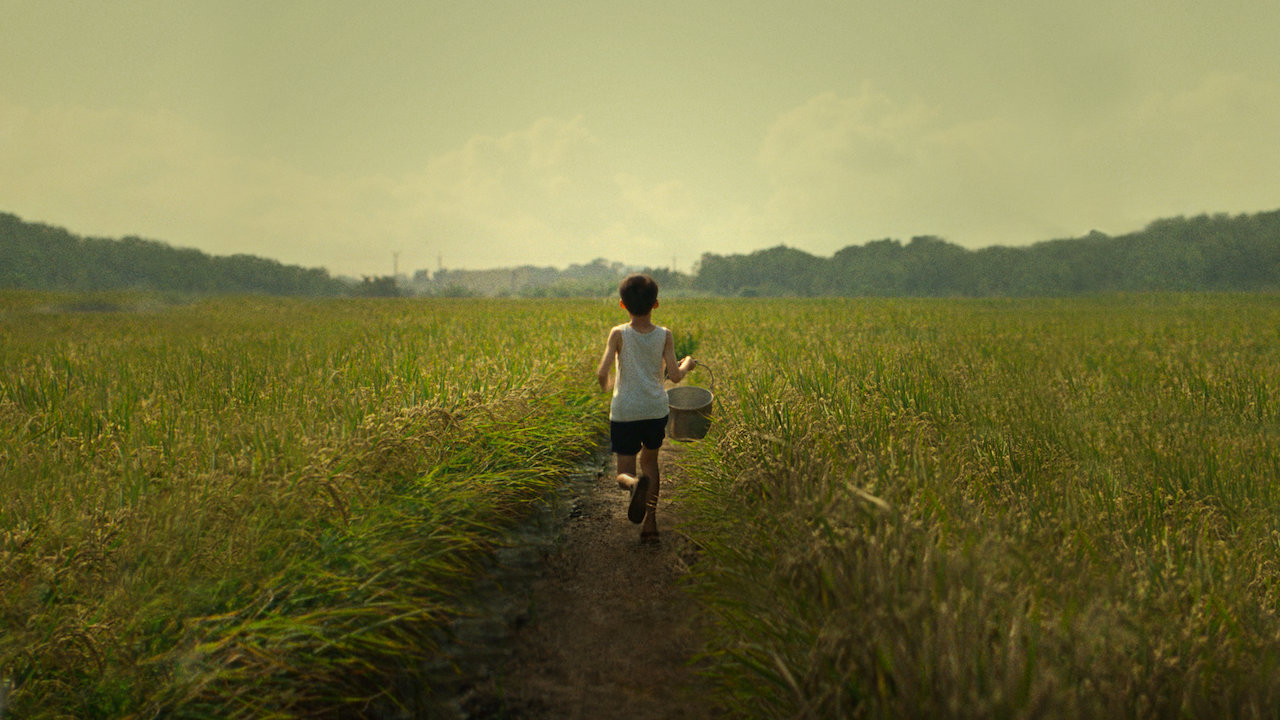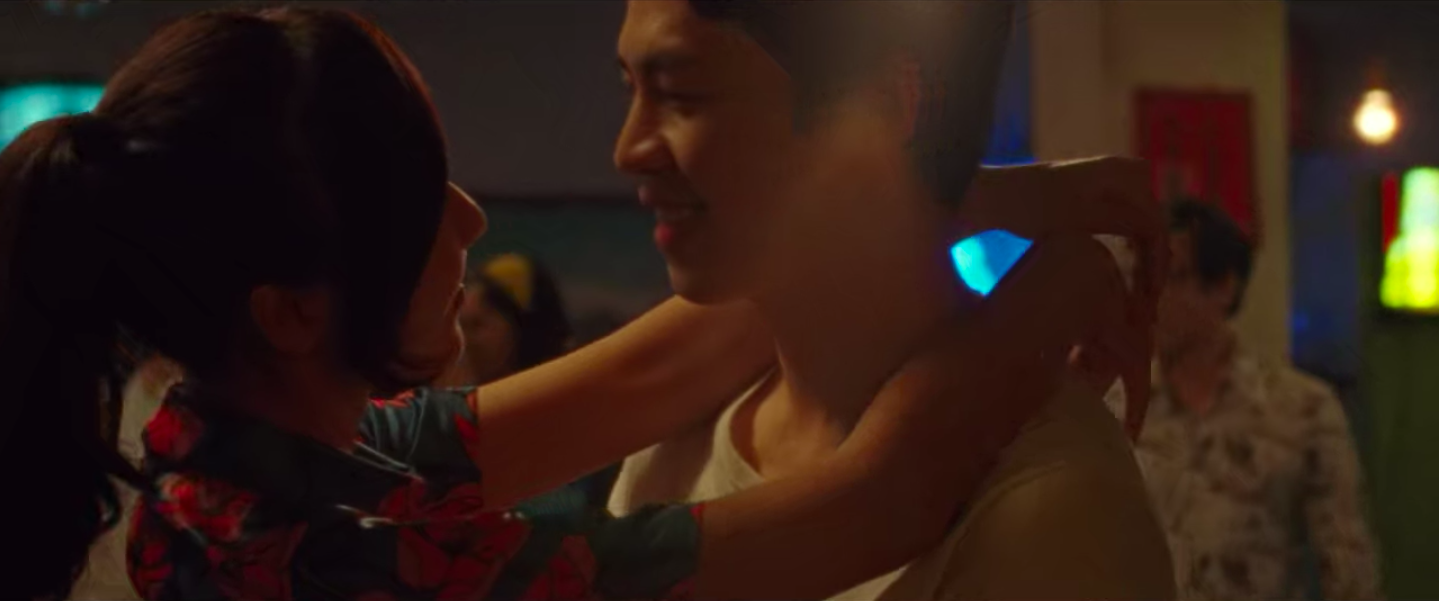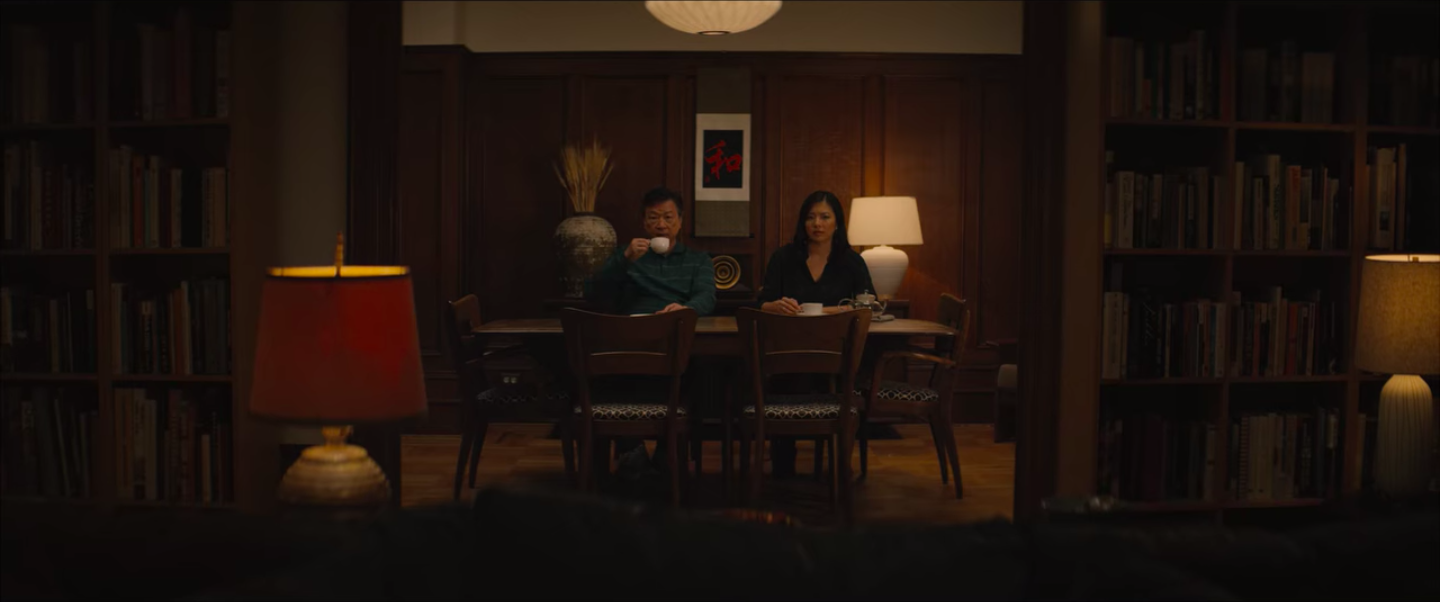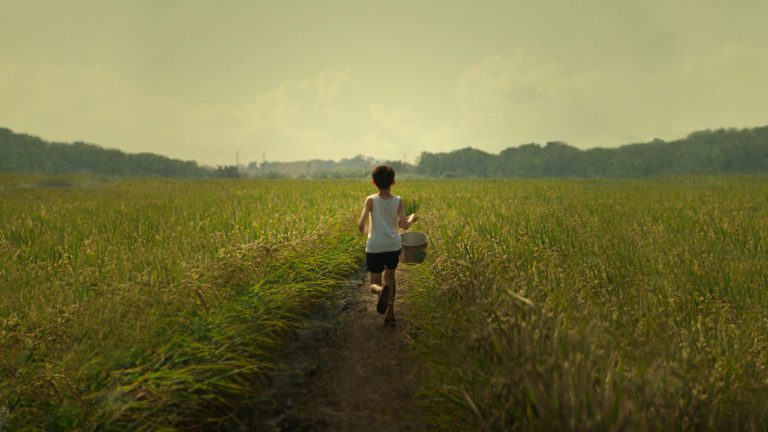“You asked me to have lunch with you…But after we sat down, you just sat there for an hour, and barely said anything”, says Angela – a young Taiwanese American – in English to Pin-Jui, her estranged father, over an agonizing meal of emotionally stunted silence.
It’s a stark contrast to the bucolic warmth of the opening scenes of Tigertail, where an adolescent Pin-Jui dances and laughs through the verdant fields of his native Taiwan.
 Source: Netflix
Source: Netflix
Tigertail’s auteur, Alan Yang – although best known for his work on acclaimed sitcoms Parks & Rec and Master of None (for which he was the first Asian recipient of the comedic writing Emmy) – pivots to drama with his fictionalized re-telling of his father’s immigration from Taiwan to America.
He entwines twin narratives: Pin-Jui as a young adult, torn away from his first love and his mother, as he desperately chases after America on the backs of an arranged marriage; and his barren, present day alienation from his adult kids and divorced ex-wife.
 Source: Netflix
Source: Netflix
The film winds slowly through Wong Kar-Wai-inspired rosy dreamscapes of young, passionate love, the harsh reality of poverty in the Bronx, and the dull loneliness of exclusively material wealth – as the colors bleed out with each milestone.
But where Tigertail excels is its conflict between father and daughter; conflict that, heightened-for-drama it may be, rings sincere for anyone living that generational divide between (our) immigrant parents and (us) kids.

One moment stands out for me: as Angela picks her father up from the airport, she asks why he didn’t tell her that her grandmother had died so she could’ve gone with him to the funeral. He brusquely dismisses her (“You didn’t really know her. You never visited.”).
It hits hard because I’d been through something strikingly similar.
Other than a handful of barely-remembered trips to China when I was a child, I “didn’t really know” my grandparents before they passed; had never gone to their funerals because I’d always been too busy with school, then college finals.
It felt more real than The Farewell (Lulu Wang’s lauded semi-biographical account of her grandmother’s cancer) because I’d never had that close, tenderly teasing grandparent-grandchild relationship which Wang centers in her movie.
In fact, I was more empathetic to my father’s pain than emotional myself. That, it seems, is the crux of Tigertail: understanding that our parents had a whole life they lived before us.

Yang explained to The New Yorker, “A lot of white people’s parents are also their friends. That’s not how mine would see it.” I’m fortunate to be “friends” with my parents, more so than I’ve seen amongst some of my peers and their immigrant parents.
But still, I’m starkly reminded of how little I know of their lives when Dad randomly drops stories about ~when his bike was crushed by a tank during the Tiananmen Square lockdown~ or when Mom’s school friend visits from thousands of miles away and regales us with stories about their childhood antics.
And I’m sure any Chinese kid is familiar with the automatic recoil at the idea of asking our parents about their old love lives – recoil at the idea that they even had old love lives.
In Tigertail, all Angela feels is the biting cold sting from her emotionally detached father, with zero context for how he became so harsh. The film’s dramatic irony tells us, however, that Pin-Jui was broken foremost by sacrificing his first (and only true) love.
 Source: Netflix
Source: Netflix
The final act’s catharsis is simply a matter of communication- a lesson to be learned, perhaps. Imagine how much you know of your friends’ lives – often lived together with you – or how equitable your FaceTime chats are as you take turns updating each other about your respective quarantines.
Think back on your conversations with your parents; mine are about me, my life, my friends, my failures and my successes. It’s time, I think, to flip that script. Awkward though it likely will be, who knows what fruition it might bring? After all, after he did it, Alan Yang got a movie out of it.
Tigertail is now streaming on Netflix.
[zombify_post]


0 Comments